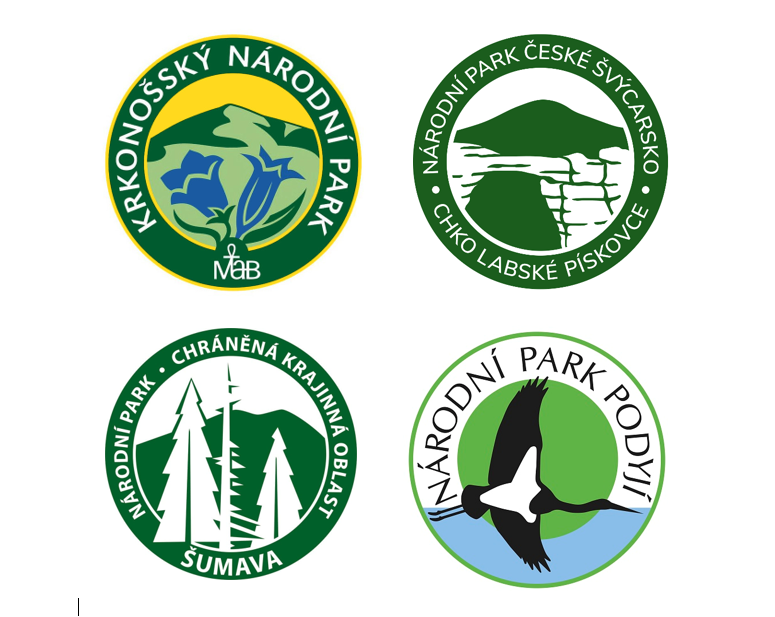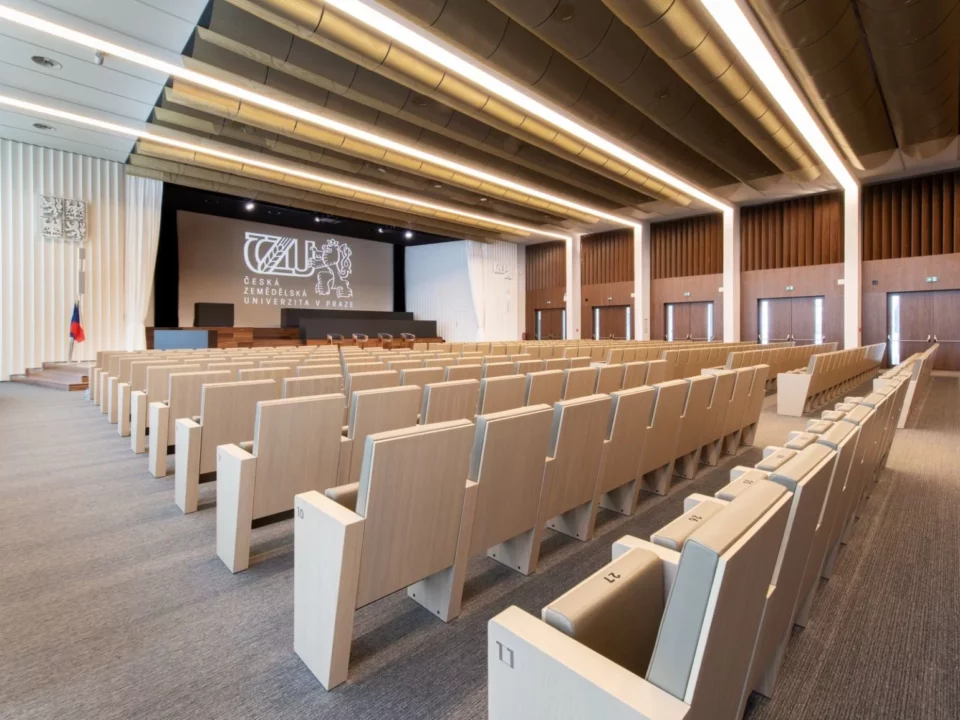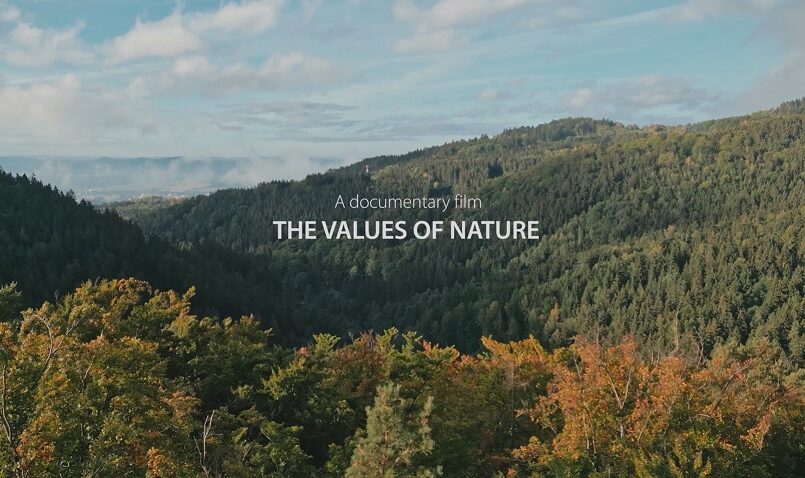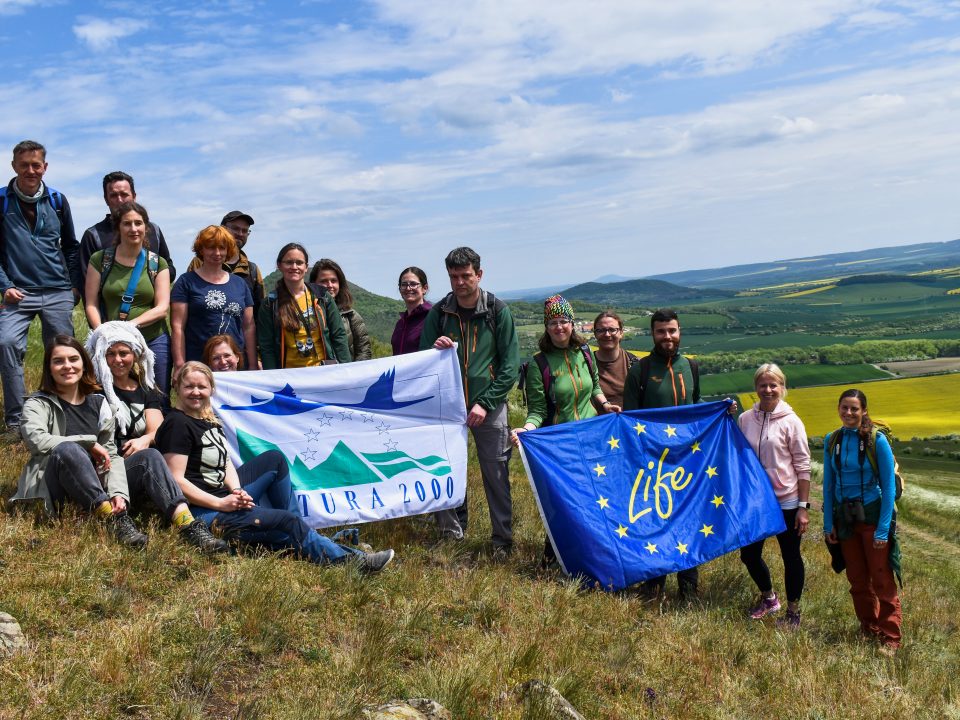Who manages Natura 2000: Discover the role of national parks
National parks are areas with predominant occurrence of natural ecosystems or ecosystems that have been slightly altered by humans, so it is not surprising that all national parks in the Czech Republic (Krkonoše, České Švýcarsko, Podyjí and Šumava) also overlap with the area of Natura 2000. For these sites, as well as for the Šumava PLA and the Labské pískovce PLA, the national park administrations are also the nature protection authorities (NPAs). The NPAs are responsible for the performance of state administration – these are mainly acts related to the planning of management, implementation of management, marking of boundaries and issuing administrative decisions concerning activities and interventions in the respective area.

Figure 1: Which of the Czech Republic´s national parks is the oldest, youngest, largest and smallest one?
National Parks versus the NCA as far as finances are concerned
National parks are contributory organisations, i.e. institutions with a certain degree of their own subjectivity, and this is also one of the main differences from the NCA, whose activities were described in detail in the previous article. Ultimately, this has a significant impact on fundraising and the actual administration of activities in the area. National parks receive financial contributions both from the state and through their own economic activity. The largest share of their own funding comes from timber sales, as national park administrations manage forest land that is owned by the state. These funds are further used to run the administration and manage the national park. In contrast, within the landscape protected areas, the company Forests of the Czech Republic manages in this way, and this state-owned company also uses the financial profit from the sale of timber. The PLA administrations, i.e. the NCA, do not manage the forestry here and therefore do not receive any profit from the sale of timber, however, as the competent NPA, they comment on activities and documents related to (forestry) management, including forest management plans.
Finances – an essential prerequisite for fulfilling legal obligations
Are the state-budget contributions and the national parks´ own economic activity enough to ensure comprehensive management not only of the Natura 2000 network? Unfortunately – as in the case of other entities implementing nature management, the answer is straightforward – they are not. Operational funding is not sufficient to ensure the management and the parks use available programmes and subsidies. These are mainly Landscape Management Programme, Support for the Restoration of Natural Landscape Functions, OP Environment, or LIFE programmes, which partially compensate the deficit of operational funding and thus ensure sufficient management. The degree of using the individual resources (i.e. the state-budget contribution, own resources or programmes and subsidies) and the redistribution of funds for Natura 2000 vary from one national park to another.

Podyjí National Park – horse grazing is co-financed by the Landscape Management Programme (Photo: Kateřina Španihelová)
In general, however, national park administrations are facing a shortage of personnel and resources to finance long-term, larger-scale activities. To a great extent, operational funding is used for the running of the administration itself, and of course for nature management, the costliest of which is, by definition, the management of the forest-free areas. The operational funds also often pay for environmental education and other work with the public in general, including publicity. It is possible to state that, in comparison, external (project) funding is most frequently used for nature management in the parks (again, the largest item is the forest-free area). It is clear that recurring management (mostly management of grassland habitats – clearing, regular mowing / grazing, supporting rare or endangered species by disturbance, etc.), is costly, and national parks also differ in whether they use more operational or programme funding for this type of management (similar to monitoring or research).

Šumava National Park – the river Vltava near Nová Pec hosts many rare bird species (Photo: Kateřina Španihelová)
As all of the Czech Republic´s national parks share a national border with their counterparts, there is great potential for cross-border cooperation, with financial opportunities coming mainly from the EU´s Interreg programmes. These programmes also appear to be relatively unchanged for the next years, while the widely used OP Environment, which currently funds a significant number of projects, may undergo some changes (especially in the EU funding allocation). The question remains to what extent it is a systematic solution to finance legal obligations from EU sources. Such a model appears to be unsustainable and susceptible to the opportunities of the moment, staff capacity, and it is also unstable and unpredictable in the long term. For instance, the exemption of national parks from paying income tax or other instruments create room for discussion. In any case, the systematic management of such unique areas should be the subject of much wider debate and attention in the future.









